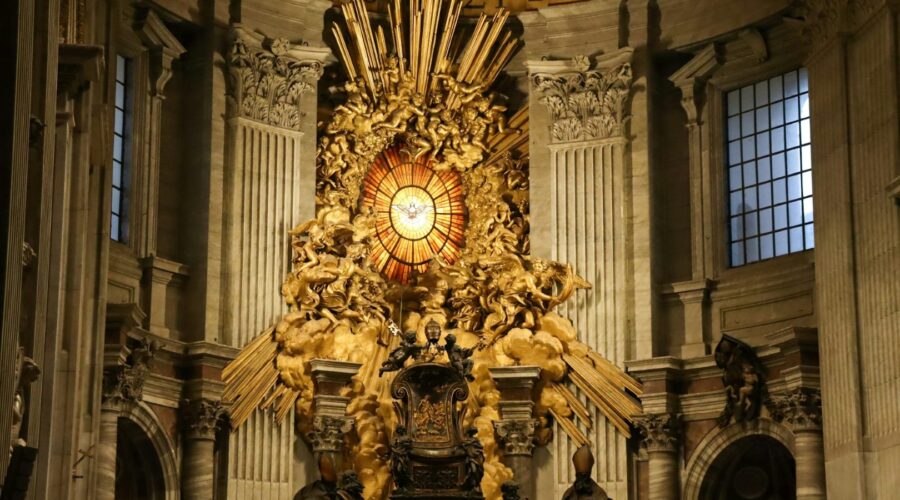Your cart is currently empty!
St Andrew’s Cathedral: A Guide to Singapore’s Oldest Church

Established in 1823, St Andrew’s Cathedral is the oldest Anglican church in Singapore and a testament to the city-state’s rich colonial heritage. Listed as a National Monument, this iconic landmark has witnessed countless historical events and remains a vibrant place of worship today.
History and Architecture
Origins and Early Years
In the early 19th century, Singapore was a small trading post under the rule of the British East India Company. The growing British community felt the need for a place of worship, leading to the construction of a small chapel on Bras Basah Road in 1823. This chapel was the forerunner of St Andrew’s Cathedral.
In 1828, the chapel was enlarged and renamed St Andrew’s Church. By 1835, it had become the cathedral of the newly established Diocese of Singapore.
Neo-Gothic Transformation
In the late 19th century, St Andrew’s Church underwent a major renovation and expansion. Led by architect John Burrough, the church was transformed into a grand Neo-Gothic cathedral.
The new cathedral, completed in 1861, featured soaring spires, pointed arches, and intricate stained glass windows. It quickly became a prominent landmark in the heart of Singapore.
Key Features
Exterior
St Andrew’s Cathedral is renowned for its imposing exterior. The main entrance is flanked by two octagonal towers, topped by spires that reach a height of 60 meters (197 feet).
The cathedral is built in the English Gothic Revival style, characterized by its pointed arches, buttresses, and detailed carvings. The façade is adorned with statues of saints, biblical figures, and gargoyles.
Interior
The cathedral’s interior is equally impressive. The nave, the main central part of the building, features vaulted ceilings supported by slender columns. The walls are lined with stained glass windows, depicting scenes from the Bible and the history of the cathedral.
The sanctuary, the area reserved for the clergy, is a grand space with a marble altar and a reredos (a screen behind the altar) adorned with intricate wood carvings.
Stained Glass Windows
One of the most notable features of St Andrew’s Cathedral is its stunning stained glass windows. These windows were crafted by renowned artists such as Henry Holiday, Robert Anning Bell, and Edward Burne-Jones.
The windows depict a wide range of biblical scenes, including the Nativity, the Crucifixion, and the Resurrection. They also feature portraits of prominent figures in the history of the cathedral and Singapore.
Historical Significance
Major Events
- 1856: Installation of Bishop John Coleridge Patteson, the first bishop of Melanesia.
- 1902: Funeral of Sir Thomas Stamford Raffles, the founder of modern Singapore.
- 1955: Consecration of Singapore as a diocese within the Anglican Communion.
- 1965: Singapore’s Declaration of Independence was read from the cathedral steps.
A Place of Remembrance
St Andrew’s Cathedral has been the site of many memorials and commemorations. The Cathedral War Memorial honors those who served and died in World War II. The Raffles Memorial Cross commemorates Sir Stamford Raffles’ contributions to Singapore.
The cathedral is also home to a memorial chapel dedicated to the victims of the Japanese Occupation during World War II. The chapel serves as a reminder of the suffering and resilience of the Singaporean people.
Worship and Services
Services and Times
St Andrew’s Cathedral offers a range of services and activities for its congregation and visitors. These include:
- Sunday Mass and prayers
- Weekday services and Holy Communion
- Baptisms, confirmations, and weddings
- Bible study groups and retreats
- Choir rehearsals and musical performances
For the latest service times and updates, please refer to the cathedral’s website.
Visitor Information
St Andrew’s Cathedral is open to visitors during non-service hours. Visitors are welcome to explore the building, admire its architecture, and learn about its rich history.
The cathedral offers guided tours on request. Please contact the cathedral office for more information.
Location and Accessibility
St Andrew’s Cathedral is located in the heart of Singapore’s civic and cultural district. It is easily accessible by public transportation.
Address: 11 St Andrew’s Road, Singapore 178959
MRT Stations: City Hall (EW13/NS25), Raffles Place (EW14/NS26)
Conclusion
St Andrew’s Cathedral is more than just a beautiful building; it is a testament to Singapore’s rich history and a vibrant place of worship. Its iconic architecture, stunning stained glass windows, and historical significance make it a must-visit destination for tourists and locals alike.
Whether you are seeking spiritual enrichment, historical knowledge, or architectural wonder, St Andrew’s Cathedral offers a truly unforgettable experience.